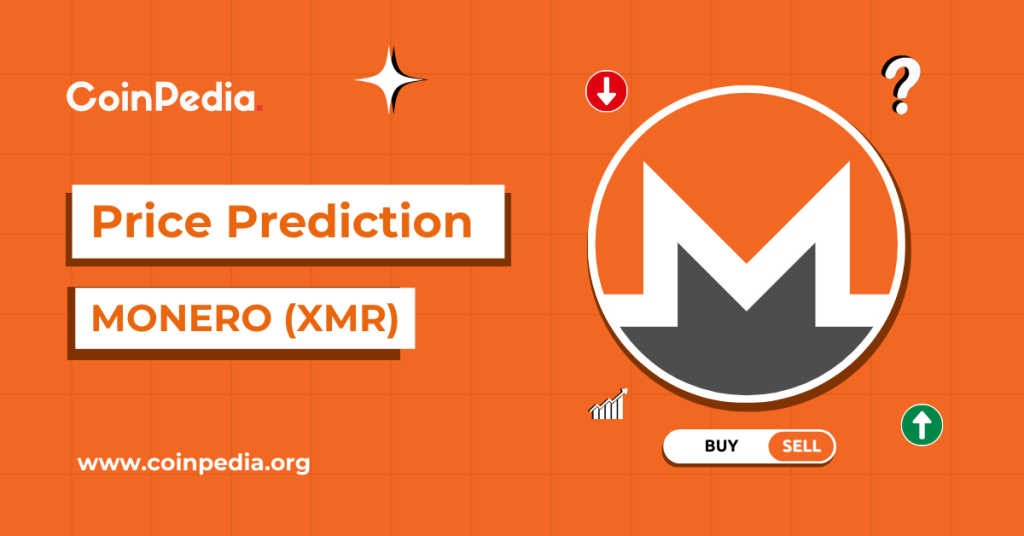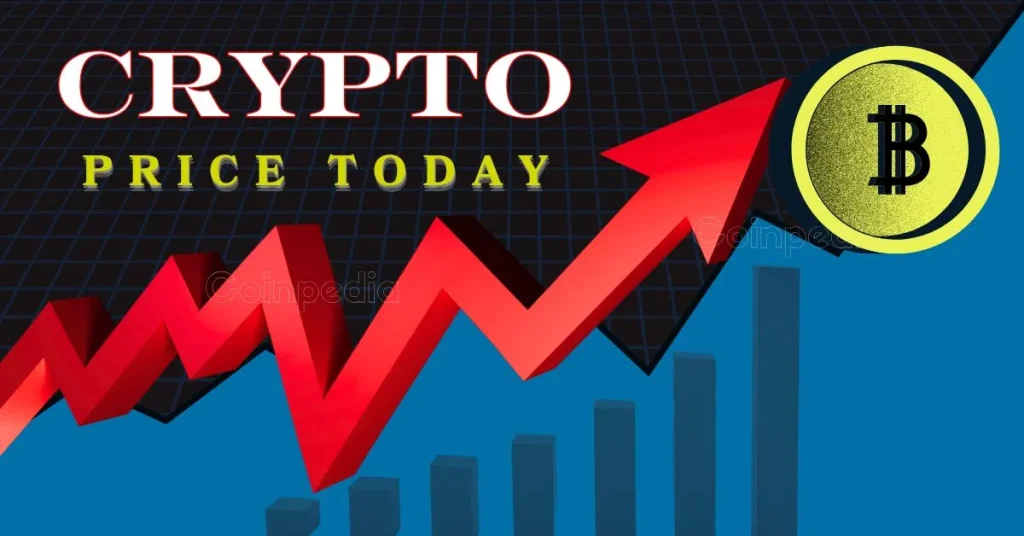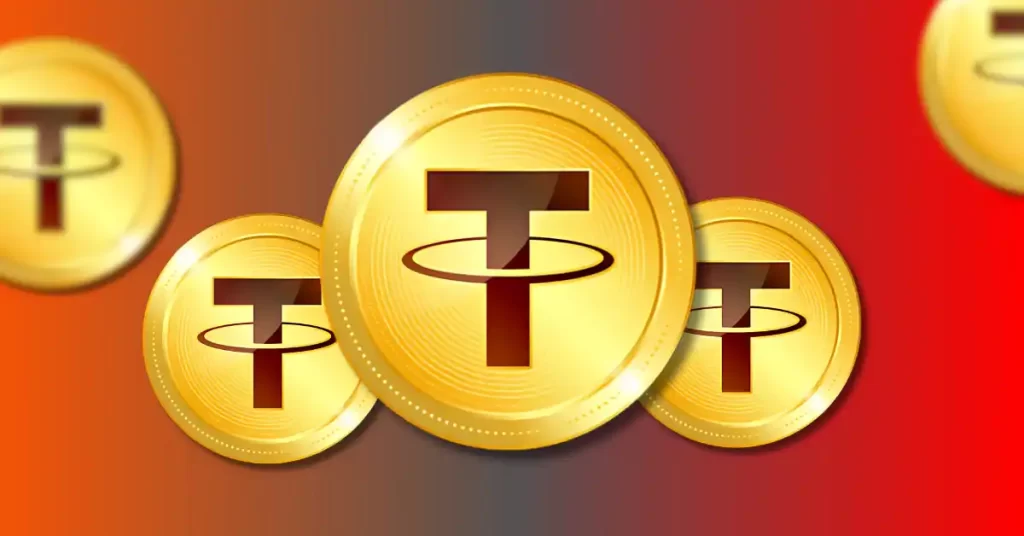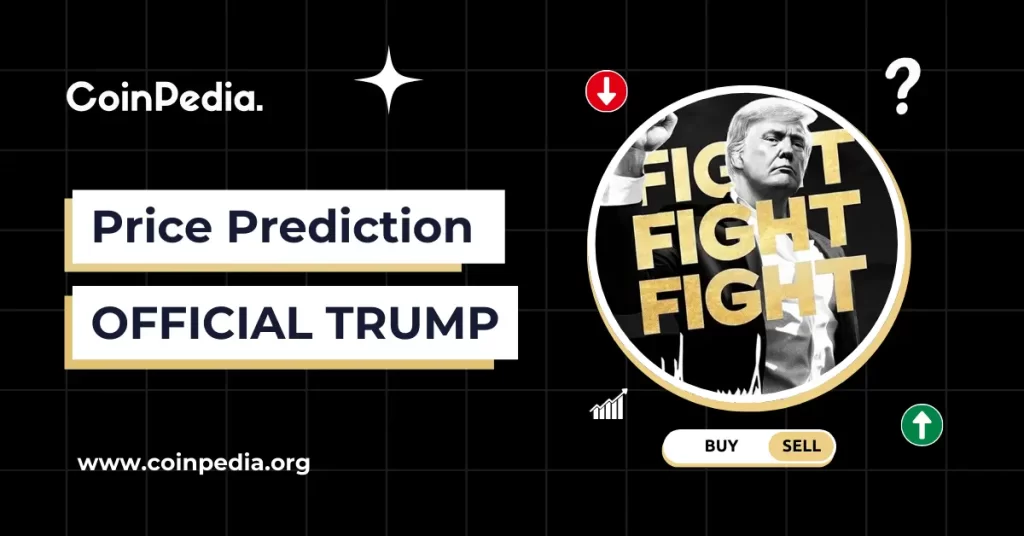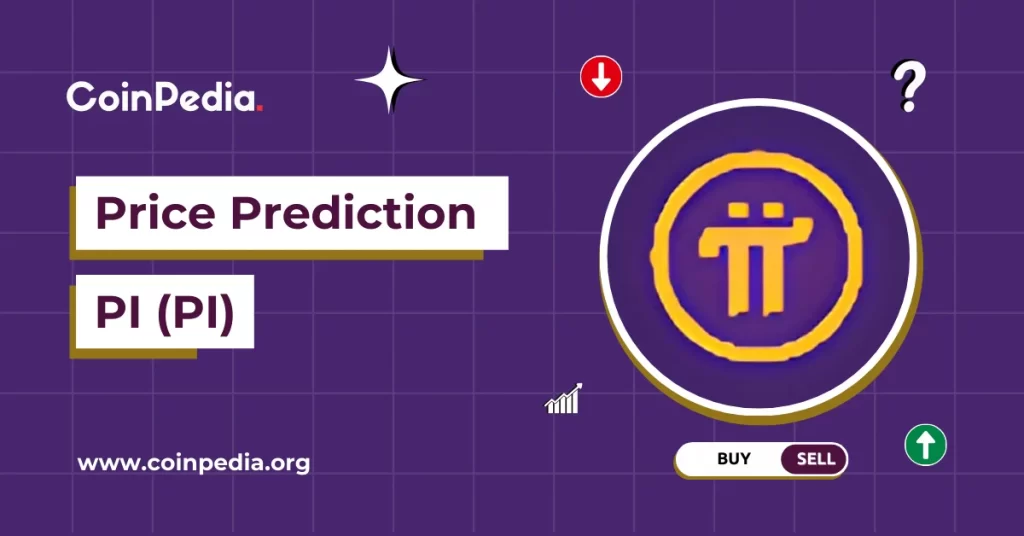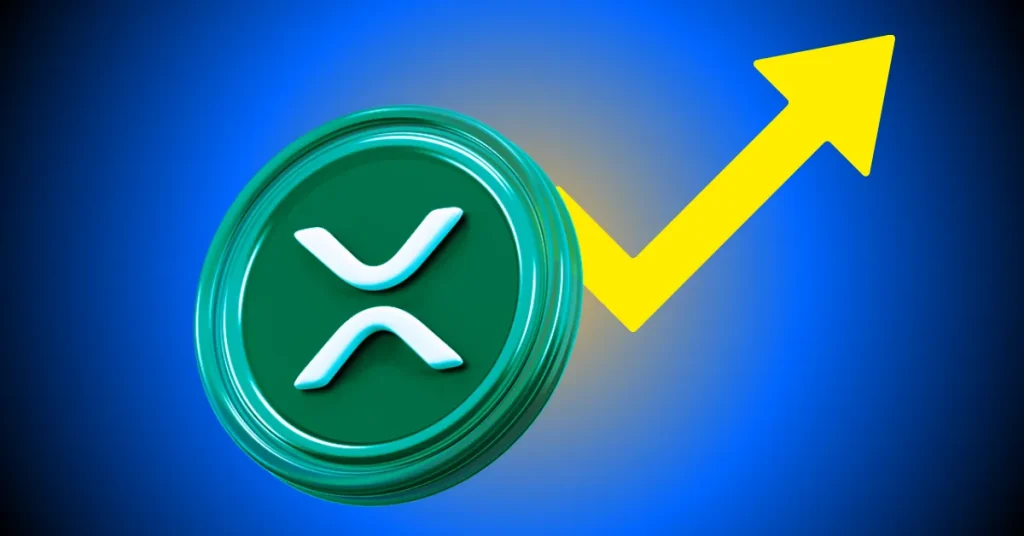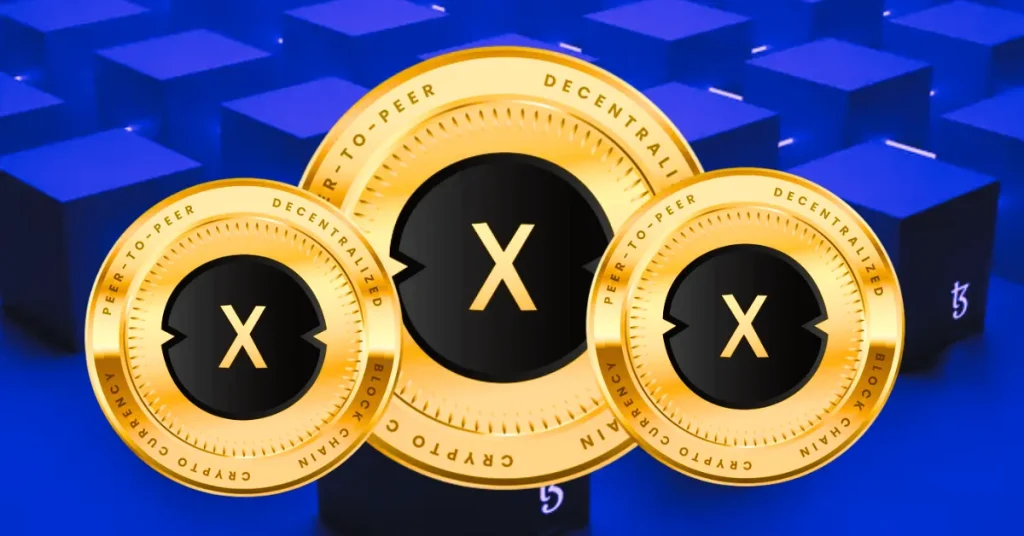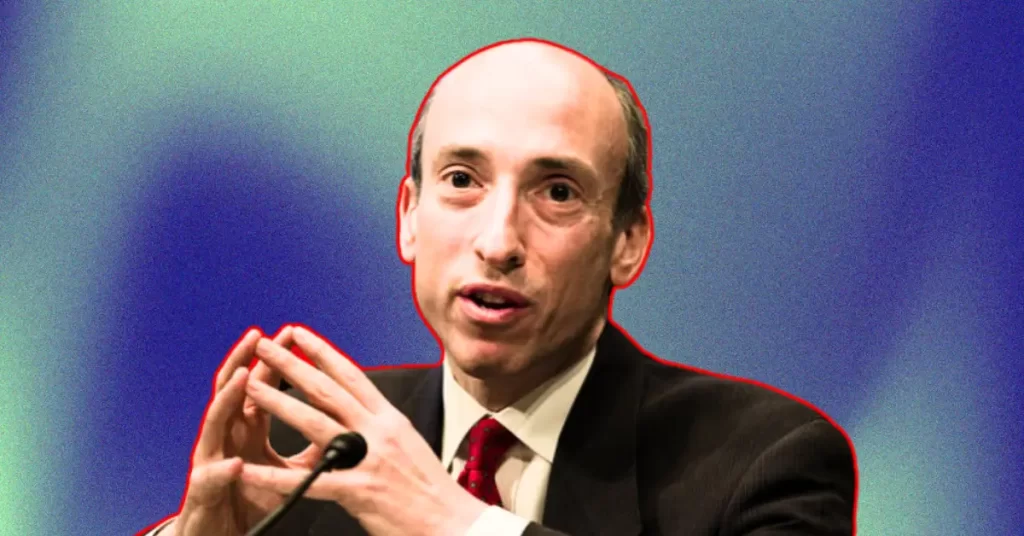Summary YBTC's 43% yield has made for good income but is very much a risk premium. The fund uses a synthetic covered call strategy on BTC ETFs, leading to consistent income but limited upside compared to holding BTC directly. YBTC is vulnerable to BTC's speculative nature and market volatility, with risks amplified by potential breakthroughs in mining technology and quantum computing. Roundhill Bitcoin Covered Call Strategy ETF ( YBTC ) is one of many options-based income ETFs that have become an ever-growing genre of open-end funds. This actively managed fund aims to write covered calls of Bitcoin ( BTC-USD ). Launched on January 18th, 2024, we now have a full year to review how well it's done and what inferences we can make going forward. While the first year went well, its underperformance relative to BTC highlights the weakness, I look at the 43% yield as more of a risk premium than anything else. For that reason, I consider the fund fairly valued and have rated the shares a Hold. Covered Calls on Crypto Some might wonder how covered calls on a cryptocurrency would even work. After all, BTC is not officially considered a security, and the normal derivative markets do not exist for such assets. YBTC has to engineer a covered call strategy through other means. YBTC Fact Sheet They do this not by buying any BTC outright but by selling puts on BTC ETFs and purchasing calls at the same strike price. This synthetically creates a BTC position and is why most of the fund is in Treasury Bills (these are the cash equivalents that cover the put contracts). They then sell call contracts out of the money on the position, in order to generate income for the fund. Distribution History What kind of distributions have been possible with this strategy in 2024? Thankfully, we have those results. 1Y Distributions (Seeking Alpha) Above, we can see dividends have been paid to shareholders each month, and recently, they appear to be moving into a weekly distribution schedule. The monthly dividends have been volatile, but they've usually been close to $2.00 per share, for a total annual dividend of $22.15 in 2024. 1Y Yield on Cost History (Seeking Alpha) As the fund launched around $50 per share, such distributions have put the yield on cost as high as 60% and no lower than 40%. Overall, it's been a good income investment. What are some of the trade-offs? Compared to Bitcoin We might look at the total returns when compared to BTC. This will illustrate the biggest difference. 1Y Total Returns vs. BTC (Seeking Alpha) The total comes to about 70%. That's great for a single year. When compared to BTC, however, it's almost half the return. The limited upside caused by the covered calls is evident here. Active management might have been able to benefit from timely pricing on the options a few times, but clearly, this did not occur regularly enough that it was better than holding BTC. What could be argued is that results were smoother and were more consistently returning something each month to shareholders. This appears to be the only obvious advantage of YBTC and why this makes it somewhat natural for income investors. Risks As the options are based on the ETFs, which themselves are based on the performance of BTC, the risks of YBTC are ultimately a question of what happens with BTC. We can examine the forces that led to BTC's gains over the year. In the spring, it was the April halving event , which permanently cut the block rewards for mining in half, reducing the growth of the supply of BTC. In July, BTC soared again , following Donald Trump's selection of J.D. Vance as his Vice Presidential running mate. Vance, known to be a crypto investor himself, created confidence that the next administration would be friendly to the asset class. Trump's victory confirmed this sentiment , leading to BTC's first breach of $100K. BTC During the COVID Crash (Seeking Alpha) While the covered call strategy deprives the fund of most of the upside of BTC, it only mitigates the damage from its decline. This is because the puts it sells would increase in value in the event of a BTC crash, forcing YBTC to buy them back at a loss or get assigned less valuable ETF shares. The covered call strategy would also prevent them from enjoying most of any recovery. YBTC is therefore vulnerable to big declines in a short time. I worry that BTC's speculative nature makes a fund like this vulnerable. As one of the biggest contributors to BTC's costs is the difficulty in mining it, any breakthrough in that process could alter the valuation. Commenting on the recent quantum computing stock boom, Coinbase ( COIN ), the major crypto exchange platform, wrote on its website : The potential implications of quantum computing for cryptocurrencies lie in its ability to solve complex mathematical problems at a speed that is currently unmatched by classical computers. This could potentially affect the distribution of power in the process of verifying transactions for cryptocurrencies, which relies on solving such problems. In essence, if miners can find a way to create BTC more quickly and cheaply, it stands to reason they might be willing to sell it for less, which could lead to an exaggerated reaction in the market. Similarly, there could even be a near-term problem of oversupply that depresses the price. Again, covered call strategies mitigate these impacts, but they do not protect against them. Conclusion YBTC's 43% yield strikes me as something like a long-term risk premium. There's reason to think it can continue to be paid in some years. There's also reason to think NAV could take an irreparable hit in a bad year. It all depends on sentiment in the markets and active management prudently rotating option positions accordingly (which is a tough task). With a year on its belt, investors are most likely pleased with the results. While that history is worth something, new investors should not merely be enticed by the yield. They should remember it's not tied to hard operating results like a normal dividend. For these reasons, while I'd like to feel better about the fund, I think it's better to keep it conservative and rate it a Hold.





